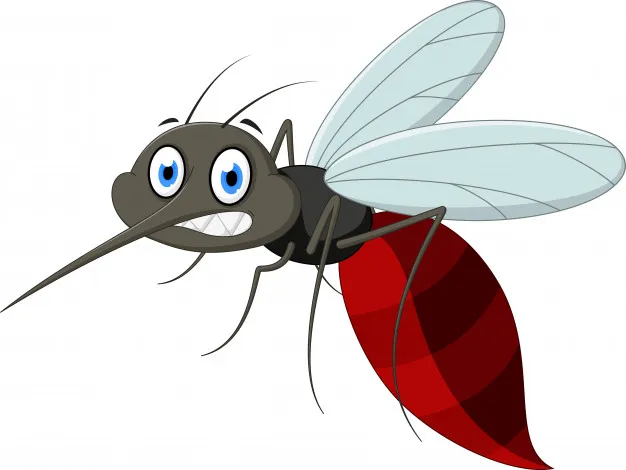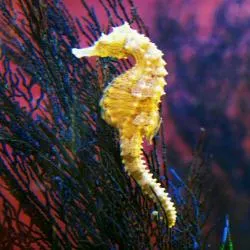In addition to what has already been commented, there is also a genetic factor that predisposes more than the mosquitoes piquen, and it is demonstrated! Here I leave you article of the avant -garde on the subject.
that mosquitoes pique you depend on your genes
Human body |04/22/2015 - 07: 10h |Last update: 04/23/2015 - 12: 01h
In an outdoor dinner in summer, on an excursion to the field, on a trip, on a walk by a river, there are always those who literally riddle mosquitoes while others, on the other hand, seem to have some type of shieldnatural that protects them from annoying bites.It is known that the reason why some people are a more appetizing dish for these diptera that others are due to their body smell.
“It is as if the body of some individuals produced a kind of natural repellent that acted on extra defense against mosquitoes.We wanted to check if the fact of being more or less attractive to mosquitoes was related to genes, ”explains researcher James Logan, of the London Tropical Hygiene and Medicine School.
Together with his team, he conducted a study with couples of identical and non -identical twins in which he measured if there was a correlation between the smell of the volunteers and how attractive people were for insects.To do this, he asked them to introduce their hand in an olfatometer, a plastic device in the form of ‘y’, at whose upper ends there was a slot to introduce the fingers.
Next, the researchers passed air through the tube, which dragged the body smell of both brothers to the opposite side, where the mosquitoes were.If these were attracted to what they smelled, they flew towards the twins;Otherwise, they tried to get away.
“In the case of identical twins, we saw that mosquitoes were attracted to both brothers.On the other hand, in the case of non -identical ones, the response of insects varied.This result suggests that the trait of being or not attractive to these animals is genetically controlled and that, therefore, the probability that they are pico is inheritable, ”suggests Logan, principal author of the study, published today in PLOS One magazine.
The next step will be to identify which specific genes are involved.To do this, they have already begun to collect body smell samples of the volunteers wrapping them in a kind of survival thermal blankets, very similar to those used in mountaineering, which will allow to extract the volatile chemical molecules and thus analyze them in the laboratory.Knowing which genes are involved could open the door to develop new repellent, more effective, as well as strategies to protect those with more susceptibility to suffer from bites, which is especially important in countries hit by diseases such as dengue, malaria orChikungunya, which are transmitted by mosquito sting and that cause death to tens of thousands of people every year, especially in the African continent.
“Once the genes are identified, we hope to be able to develop a drug, a pill, that when you take it, make your body secrete natural repellent, so you are protected, without the need to have to smelYou spring or creams, ”says Logan.
Source: Link
Diabetes Tipo 1 desde 1.998 | FreeStyle Libre 3 | Ypsomed mylife YpsoPump + CamAPS FX | Sin complicaciones. Miembro del equipo de moderación del foro.
Autor de Vivir con Diabetes: El poder de la comunidad online, parte de los ingresos se destinan a financiar el foro de diabetes y mantener la comunidad online activa.








